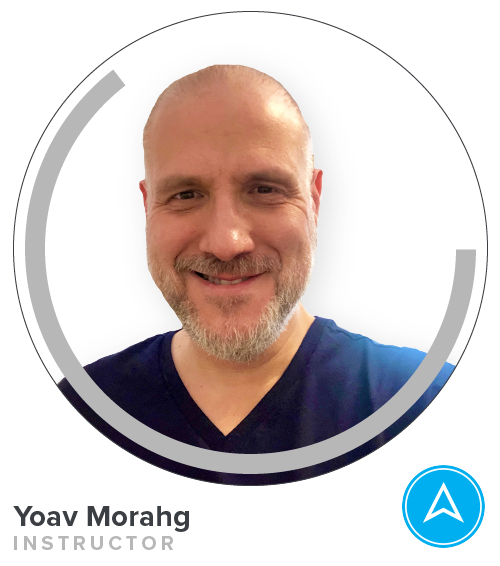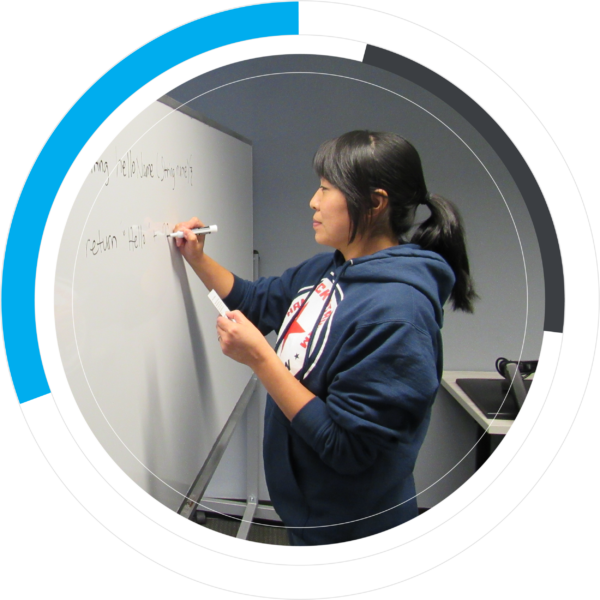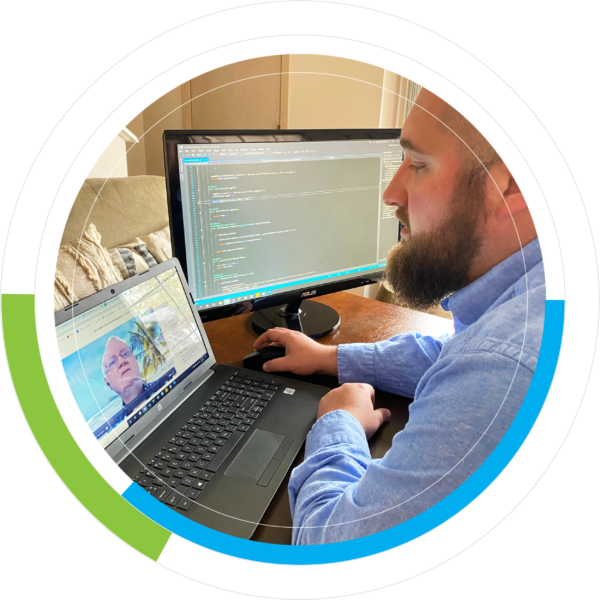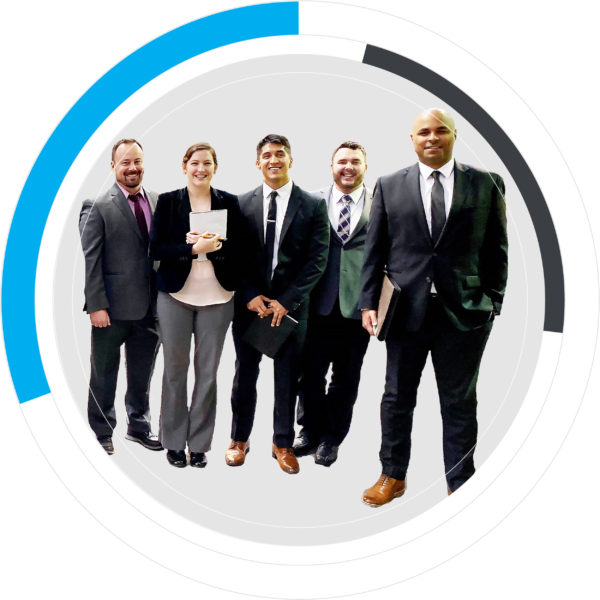Technical Interview Deep Dive: Questions to Expect + How to Succeed
By Tech Elevator Philadelphia Instructor, Yoav Morahg
 For those new to a career in tech, the prospect of a technical interview can be nerve-wracking. Luckily, by preparing for the interview, you can make the entire process much less stressful.
For those new to a career in tech, the prospect of a technical interview can be nerve-wracking. Luckily, by preparing for the interview, you can make the entire process much less stressful.
As an instructor at Tech Elevator’s Philadelphia campus, I’ve seen many great interviews (and many not-so-great) interviews. Based on this experience, keep reading for insight into what to expect from the technical interview process, how to prepare for interviews, and how to make a great impression. Wishing you the best of luck in your interview process!
What To Expect During the Interview Process
For most technical positions, the interview process will start with a phone interview. This interview is often given by someone who has a senior role at the company with the goal of screening candidates.
 One of the most important things you can do to prepare for a phone interview is to review your coding terminology. You should be comfortable explaining concepts aloud and providing examples of how they might be used.
One of the most important things you can do to prepare for a phone interview is to review your coding terminology. You should be comfortable explaining concepts aloud and providing examples of how they might be used.
After passing the phone screening, you’ll (hopefully) be referred for a full interview which will generally take place either in-person or digitally via a video call. The technical portion is generally one to two hours long, but an interview with behavioral components might last up to four hours.
In this interview, you might be asked to talk through a programming problem or to explain a project that you’ve worked on.

Talking through a Problem
For this type of question, the interviewer will give you a programming challenge to solve, often focused on either algorithms or design. You might have to write out a solution on a whiteboard or type up an example using screen share.
While you should aim to get the correct solution, this type of interview question is designed to see how you approach a problem. If you have incomplete information, do you ask clarifying questions or do you make assumptions? Can you articulate your thought process as you work through the problem? How well can you collaborate with the people in the room?
Explaining A Project You’ve Worked On
The interviewer might also request that you bring in a piece of code that you’ve worked on. For this type of question, you’ll be asked to walk the interviewer through your code. With this type of question, the interviewer is evaluating the quality of your code and ensuring that you understand how it works. They might ask how you came up with the design for the code or what you might do differently if you attempted the project again.
Compared to the previous type of question, this gives the interviewer a better idea of how you work outside of the interview environment. You can prepare for this interview question by practicing your explanation of your code in front of an audience.
Tips For Preparing for Your Technical Interview
Now that you know what to expect from the interview process, how should you start preparing? During the interview, the interviewer is evaluating what you know and what you don’t. Is your skillset a good fit for the role they are hiring for?
they are hiring for?
They also want to get a good look at your thought process when encountering a problem. With these goals in mind, preparing for a technical interview is less about memorizing every detail of software development and more about ensuring you fully understand the concepts you’ve learned.
One of the best ways to prepare for a technical interview is by reviewing basic definitions and explaining them to yourself through analogies. For example, when considering inheritance, you might compare it to a grandfather clock and a watch both inheriting traits from a clock. Coming up with real-world analogies helps ensure that you truly understand the concepts.
It’s also common for an interviewer to ask you to explain a programming principle or to discuss how you’ve used it, so you should be comfortable answering these types of questions aloud. You can practice answering these types of questions in front of a mirror, or better yet, with a friend.
When choosing topics to study, it’s best to focus on things that you’ve learned rather than attempting to learn everything. If you’ve gone through a bootcamp, for example, the syllabus provides an excellent jumping-off point for what to study. In short, the goal of your interview preparation should be to ensure you deeply understand the things you’ve learned.
Making A Great Impression
Besides being well-prepared for the interview, there are other things you can do to ensure you make a great impression.
Be genuinely interested and enthusiastic, whether that’s about programming, your personal projects, or the job itself. When answering questions, try to incorporate your own projects into your answers. By bringing up your projects, the technical interview can begin to feel more like a conversation rather than a set question list.
Finally, be honest with your interviewer. If someone asks you a question that you don’t know the answer to, admit that you don’t know rather than bluffing. If possible, try to connect the question to a topic that you do know.
By preparing sufficiently for your technical interviews, you’ll be much more confident going in, and you can succeed in the interview process.
Below, we’ve included links to related reading to help you throughout your job search.
 Yoav Morahg
Yoav Morahg
Yoav is an Instructor for Tech Elevator’s Philadelphia campus. His passion for computers began as a teen when he worked on coding an educational software project for a university while attending audio engineering school. It was that love that then blossomed into a programming career for him!